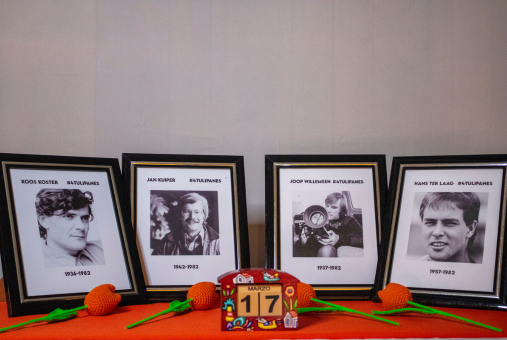
A Salvadoran court sentenced three former officers to 15 years in prison for ordering an ambush that killed four Dutch journalists during the civil war. It’s the first time a crime of humanity documented by the UN Truth Commission has led to a conviction in El Salvador.

Two court cases seeking closure in the 1982 ambush and murders of four Dutch journalists in El Salvador are currently open in the U.S. and the Central American country.

As the verdict against two former military officers for the disappearance and torture of Peruvian journalist Jaime Ayala in 1984 is about to be announced, the ‘law of impunity’ could close the case forever.
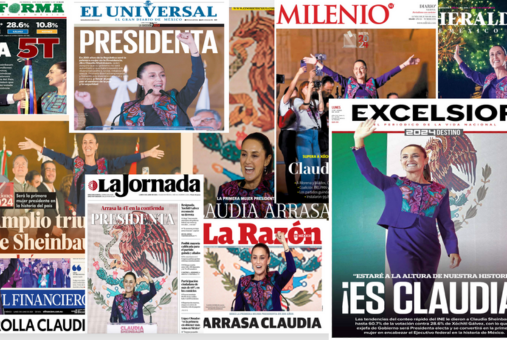
Days before her landslide victory at the polls and election as the next Mexican president, Claudia Sheinbaum made a commitment to Reporters Without Borders to protect journalists in the country. To keep her word, she will need to promote profound reforms in the Mexican justice system.

As part of its work to fight impunity in crimes against journalists, the Inter American Press Association launched the “Voices claiming justice” campaign. The first case highlighted in it is that of the Colombian journalist Gerardo Bedoya Borrero murdered in 1997 and whose crime remains unpunished.
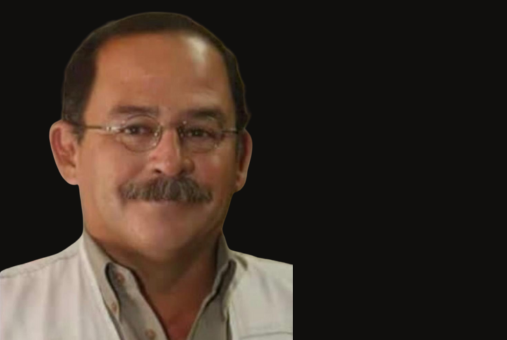
It has been 11 years since Ecuadorian journalist Fausto Valdiviezo was killed. His brother and experts believe that the case has not been solved because of a lack of investigation on the part of authorities because he was a journalist.
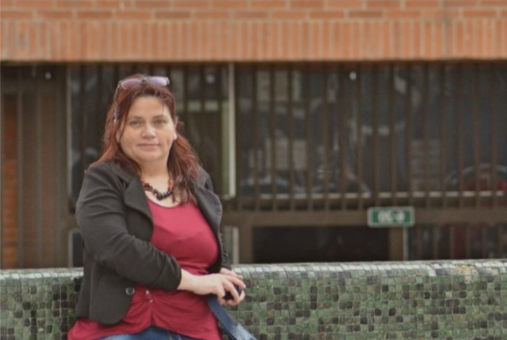
A Superior Court of Colombia recently sentenced one of those involved in the case of aggravated torture against journalist Claudia Julieta Duque to 12 years in prison. The journalist said the sentence left a “bitter” taste because the convicted former intelligence official is on the run.
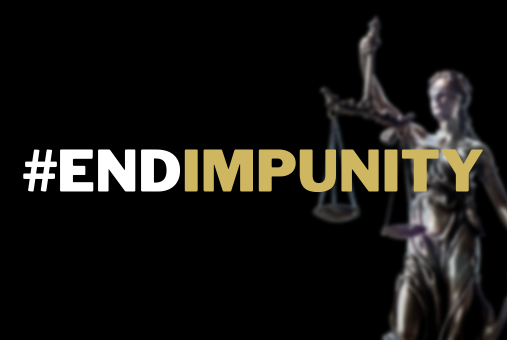
On Nov. 2, 2023, the world marks another International Day to End Impunity for Crimes against Journalists. Impunity in cases of violence against members of the media continues to be the norm as killers largely go free. In the Americas, Haiti, Brazil and Mexico top the list of countries globally where murders of journalists go unpunished.
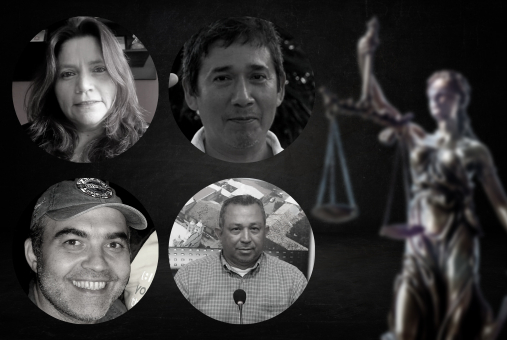
To mark the International Day to End Impunity for Crimes against Journalists, which is celebrated every Nov. 2, LatAm Journalism Review (LJR) is highlighting four cases of journalists from Latin America and the Caribbean that, for the most part, remain unpunished.
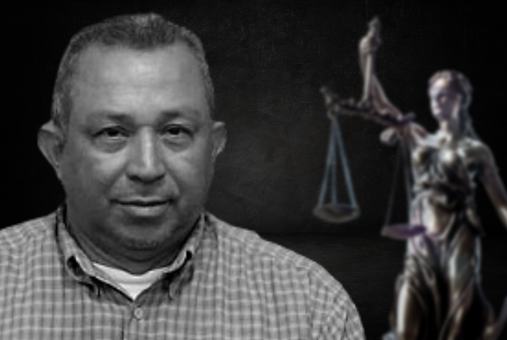
The investigation into the murder of journalist Gabriel Hernández in Honduras has not made any progress in the nearly five years since he was killed. Lack of access to information as well as a failure to protect him before he was killed are questions before authorities.
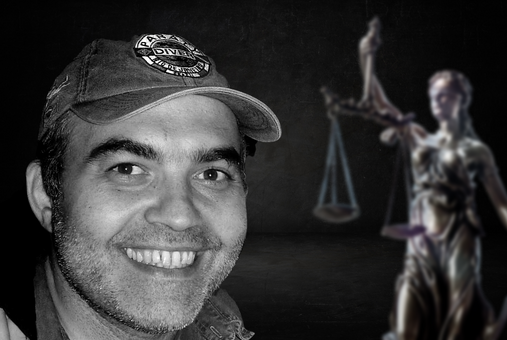
Brazilian journalist Pedro Palma was murdered on Feb. 13, 2014 in Miguel Pereira in the state of Rio de Janeiro. Nine years later, the investigation into the crime remains open and no one has been held responsible. This is one of 25 cases in Brazil with “complete impunity,” according to the Committee to Protect Journalists. It illustrates obstacles to holding accountable the perpetrators and masterminds of crimes against journalists in the country.

Over the past twenty years, Colombian journalist Claudia Duque has been targeted for her work. She’s been abducted, tortured, threatened, followed and surveilled. Justice for these crimes has been limited. Despite this, she continues to focus on her own journalistic investigations, mainly into crimes against other journalists.